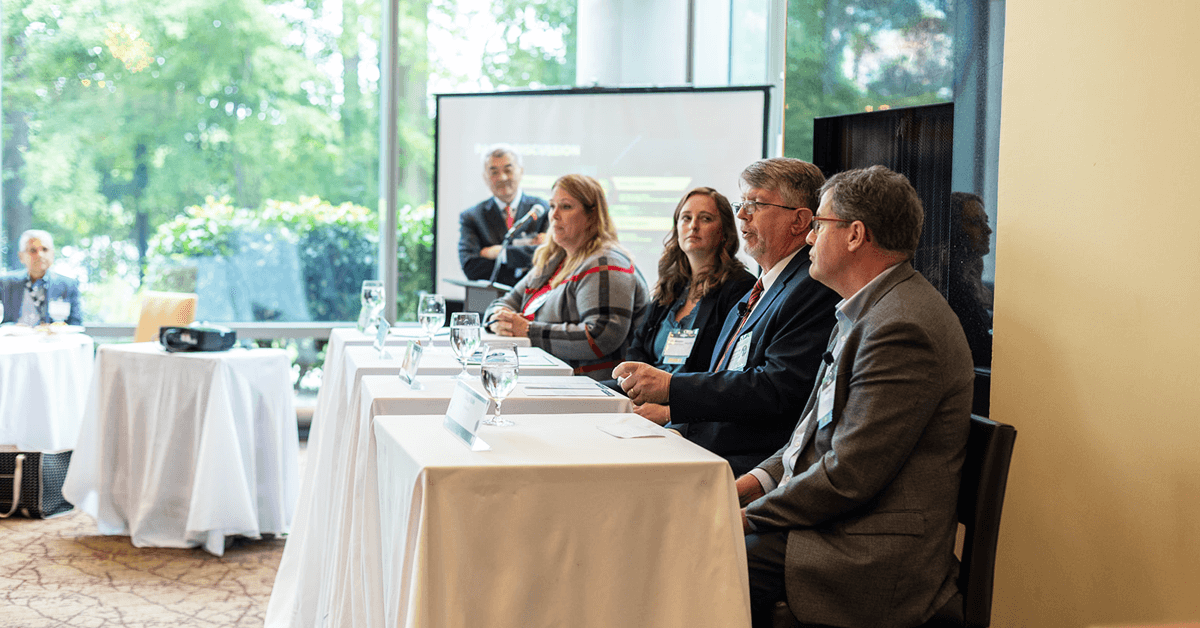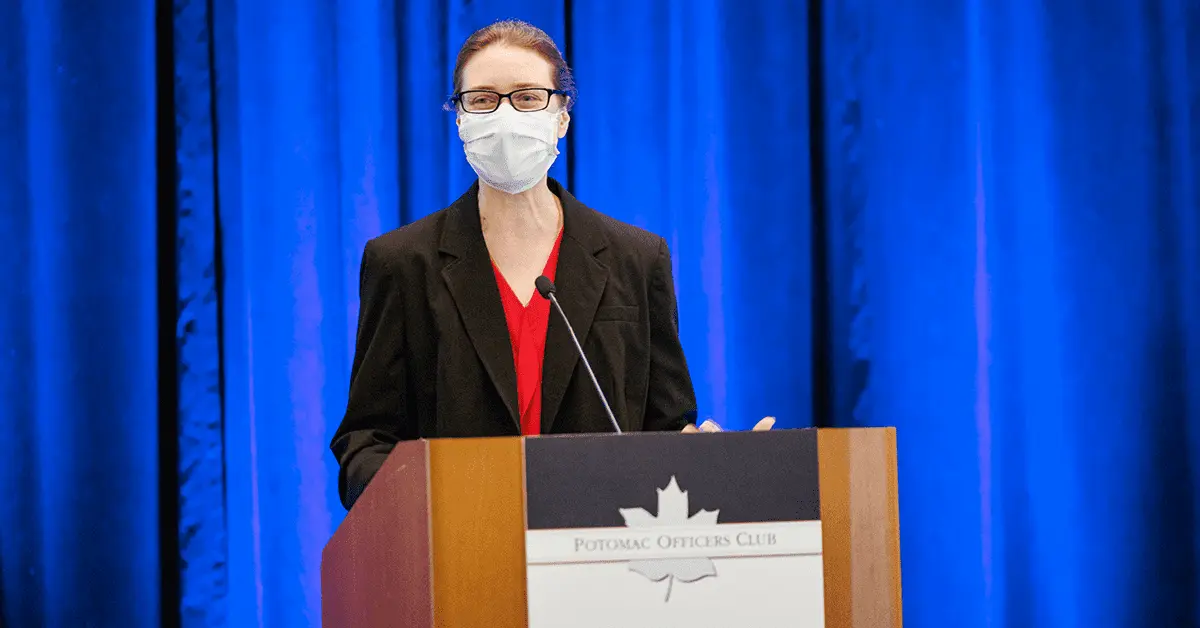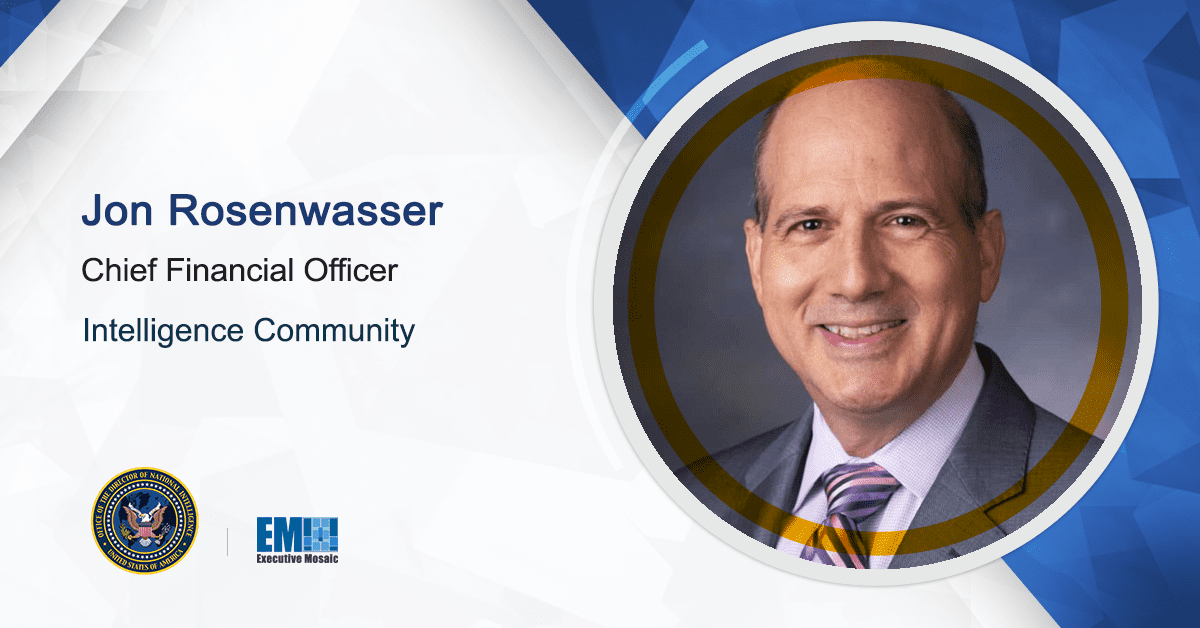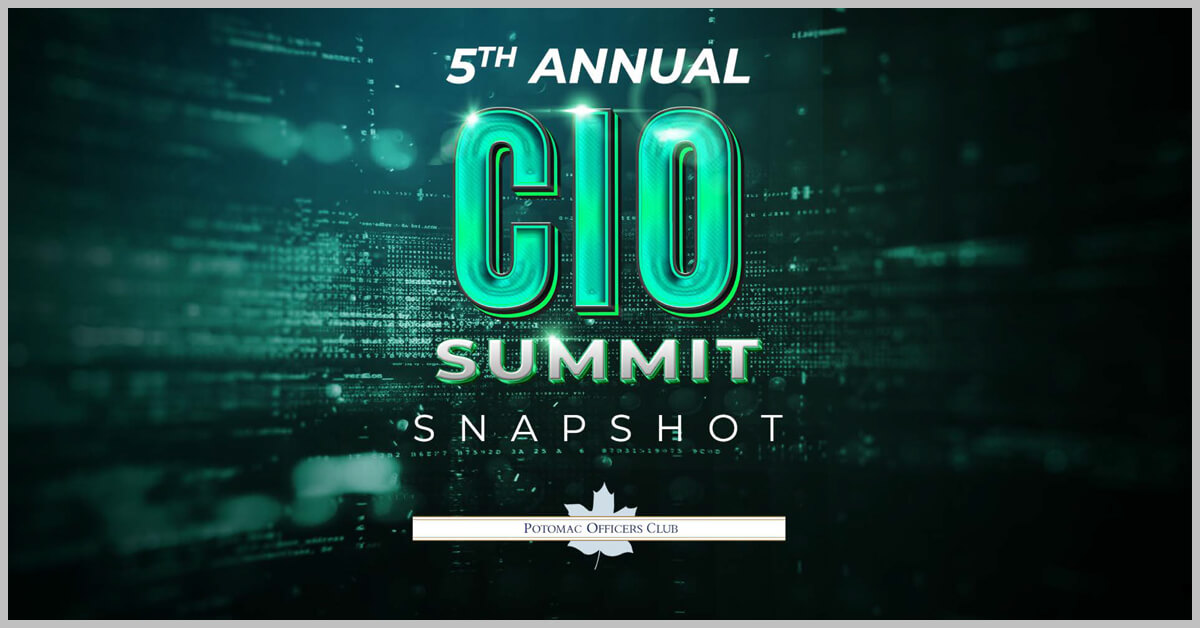The global intelligence landscape is rapidly evolving, and the intelligence community in the United States is updating its tradecraft and adapting to meet the needs of the current environment. Now, IC experts are reflecting on lessons we’ve learned from history and how they can inform U.S. intelligence into the future.
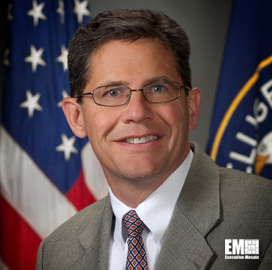
Doug Wolfe, CEO of BlackLynx and former associate deputy director for science and technology at the Central Intelligence Agency, said he’s seeing somewhat of a re-emergence of problems our country faced during earlier points in history, but he’s more concerned about the conflicts occurring out of sight.
“The biggest challenge that I see right now is really thinking about what I would call ‘hidden wars,’ that are largely around cyber, biotech and space — all of which we don’t necessarily quickly get feedback on,” said Wolfe during the Potomac Officers Club’s Intelligence: Integrating Mission Partners Through Data and Collaboration Forum.
Wolfe said the biotech threat has been illustrated in recent years through the global COVID-19 pandemic, which highlighted just how grave biotech threats can be to global governments, economies and societies.
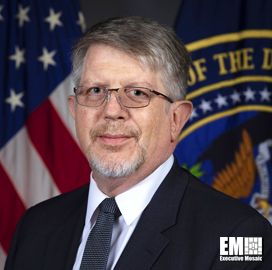
Chief Technology Officer for the Office of the Director of National Intelligence, Brian Schreffler, said the lesson he thinks the federal government needs to learn is that the consumer for data intelligence is changing, and the way the IC collects and processes data needs to change in response.
Schreffler also suggested that there’s a trend within the IC in which data is over classified, making it difficult for mission partners and allied forces to effectively collaborate in joint operations and intelligence missions today.
Liz Hampton, vice president of Beacon Global Strategies, posited that the government stands to gain the most impactful benefits not necessarily by gleaning lessons from the distant past, but by paying attention to what’s happening today and being able to quickly incorporate that into current operations.

Hampton said she envisions a future in which “industry and government are working together to solve problems and actually sharing that in real-time with industry partners so that they can tailor their approach to the environment.”
“The government and industry partners are creating lessons learned in real time — they’re releasing problems, they’re seeing what goes wrong, they’re seeing what works, they’re looking at their data challenges, they’re seeing what integration issues they have,” Hampton explained. But this information is not necessarily classified and needs to be shared in a timely manner in order for the innovation ecosystem to harness these valuable lessons effectively, Hampton said.
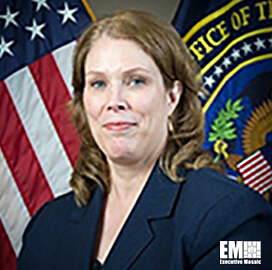
Another area the IC needs improvement in is creativity, said Sue Dorr, chief information officer for the Office of the Director of National Intelligence. Dorr explained that the authorization process could benefit from fresh approaches, new methods and more creative solutions.
Additionally, Dorr said the IC could stand to benefit from taking more calculated risks. She said there’s inherent risk in not taking risks, and the IC needs to let go of that fixed point in order to accelerate quickly enough to match the pace of global intelligence advancements.

Learn more about how the intelligence community is responding to new and emerging threats and geopolitical developments during the Potomac Officers Club’s 8th Annual Intel Summit on Oct. 17. Director of National Intelligence Avril Haines is scheduled to deliver the summit’s closing keynote address. Register here.



